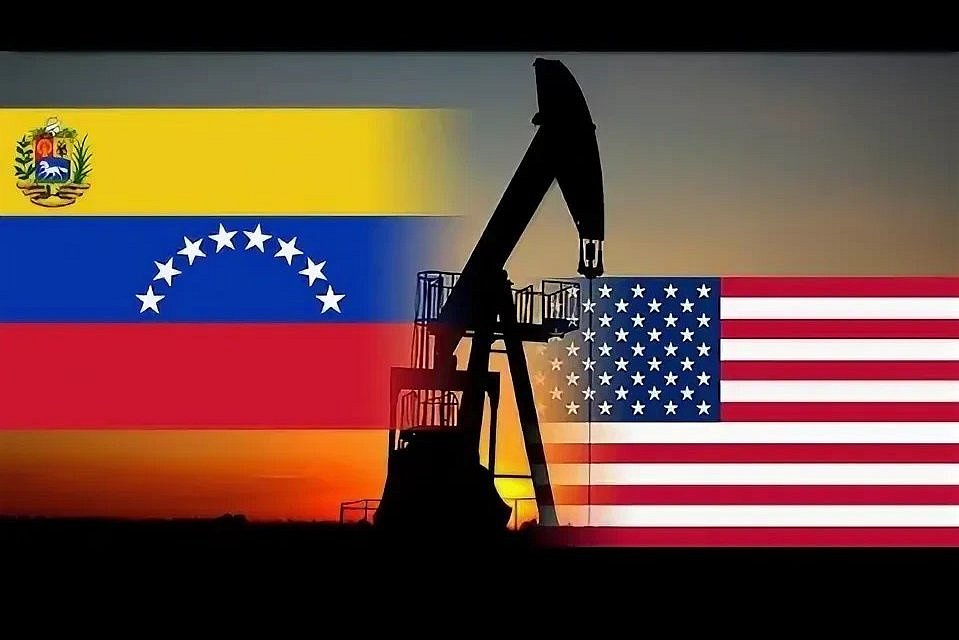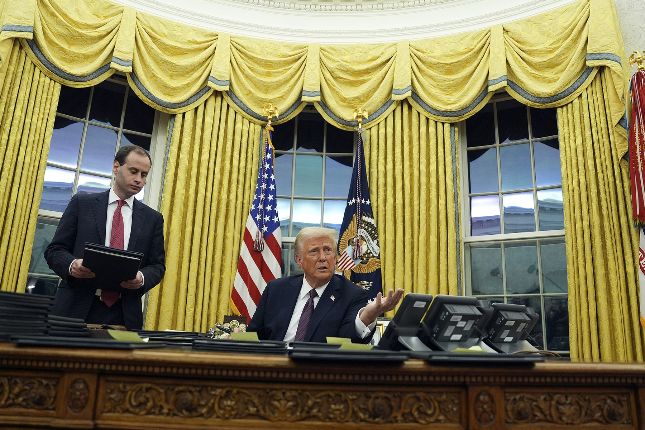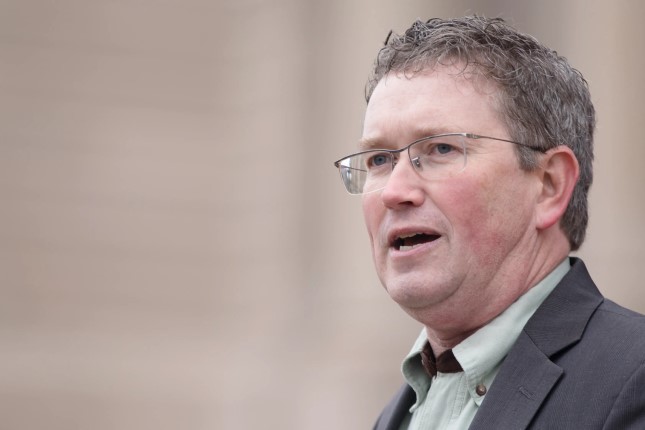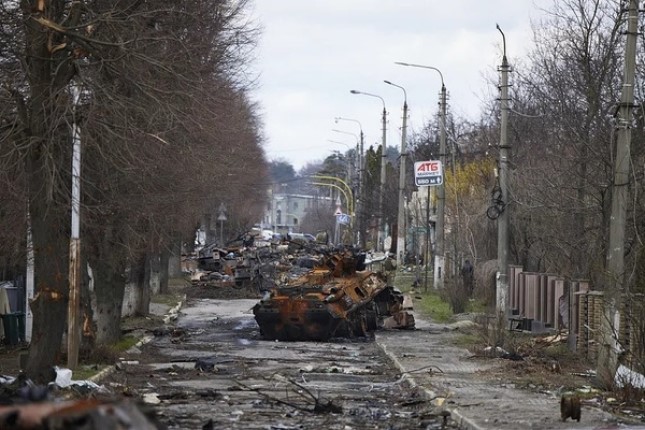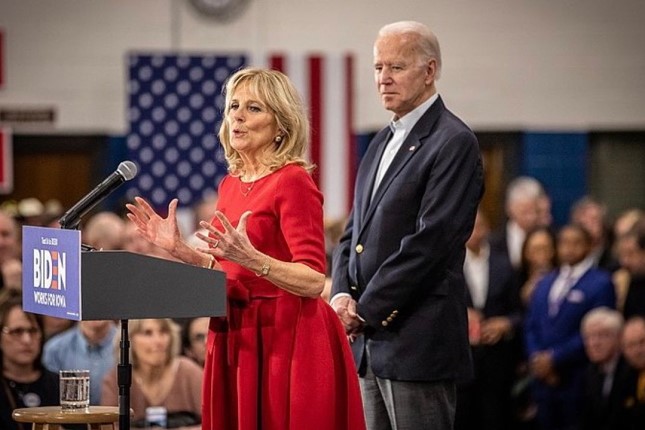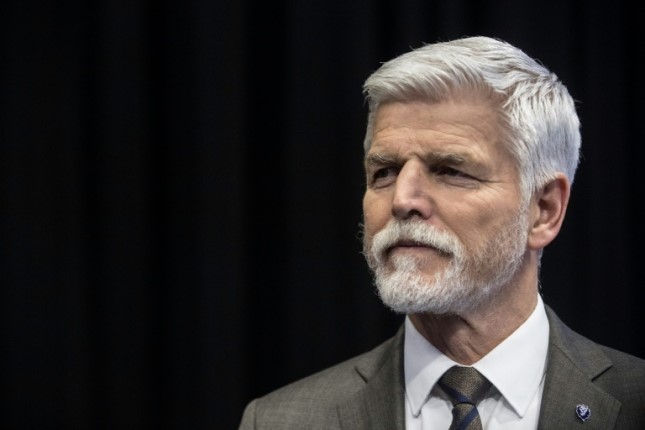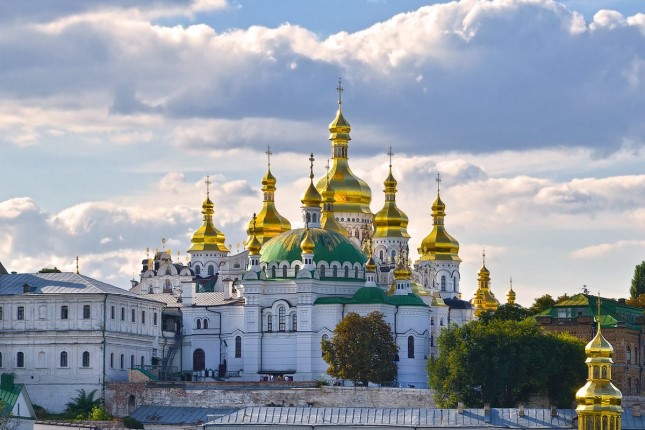In late November, the ministers of the economic and financial bloc of Mali, Burkina Faso and Niger recommended that their governments "move towards a genuine economic and monetary union" of the Alliance des Etats du Sahel (AES). A few days later, AES foreign ministers signed a declaration recommending the creation of a confederation of the three states. According to the participants in the Bamako meeting, "this will help further develop the 'political and economic integration' of the three countries". They also emphasized that the union has great potential "to achieve peace, stability, diplomatic strength and economic progress". The AES decisions will lead to the final and irreversible decolonization of French Africa (France Afrique) and the redrawing of regional borders.
After Paris granted independence to its colonies in West and Central Africa, the metropole managed to maintain control over them. The main instruments of this control were the corrupt elites of the young countries, the French troops stationed in the region, which were often used in the interests of France and these same elites, and, most importantly, the regional currency unions based on the CFA franc. The CFA franc system (West African (BCEAO) and Central African (BEAC)) allowed to control regional economies and siphon resources even from those countries that were oriented towards the Soviet socialist model. The overvalued currency was pegged to the French franc and then to the euro. Monetary policy is determined by Paris. The overvalued franc exchange rate makes the export of agrarian African states unprofitable and hinders the development of national economies. Moreover, the countries of the franc zone are obliged to keep 50% of international reserves in French banks, and another 20% as guarantees for external obligations. Moreover, these funds are often placed at negative interest rates in real terms. That is, African countries also pay for the fact that France disposes of their money at its own discretion - invests or lends it at interest. Paris credits the states of the franc zone with their own money, but at high commercial rates. At the same time, the credit should be spent on French-made goods and French companies should be given priority in France-Africa. First of all, resource producing companies Orano and Total, which produced the lion's share of uranium, rare earth metals and hydrocarbons. The purchase of the latter for their own currency put France and, subsequently, the Eurozone countries in special favorable conditions. The zone of the African franc includes 14 states with a population of over 180 million people. "Thank God, the situation is that most of the money in our wallet comes precisely from Africa, which we have exploited for centuries," said former President of the Republic Jacques Chirac in one of his video interviews.
Now this situation appears to be changing rapidly. The fact is that the joint statements of the countries of the proposed confederation of Mali, Burkina Faso and Niger on the creation of a monetary union and cooperation have a real basis. First, it is the interest of serious world financial players, primarily in the United States. Washington is pursuing a consistent course to isolate the EU countries from key energy resources. For France, it is, first of all, uranium from Niger and other Sahel countries, and secondly, hydrocarbons from the west coast of Africa. That is why the U.S. does not interfere in any way with the expulsion of French troops and separatists from the region with Russian help, and at the same time quietly agrees to keep its military base in Niger. The second necessary condition is the presence of natural geographical space and the ability to solve joint tasks without clashing interests with each other. The countries of the future confederation have already demonstrated this by preventing the intervention of ECOWAS countries (alliance of West African countries) in Niger, which the French were preparing, by declaring their joint readiness to fight back and preparing the appropriate legislative framework. Thirdly, the countries also possess the material base for joint development and are interested in shifting to higher value-added products. In November, a preliminary agreement was signed on the construction of a nuclear power plant in Burkina Faso and a gold processing plant and solar power plant in Mali jointly with Russia. Many other projects are on the table. At the same time, it is quite obvious that the Alliance of Sahel states, which is "locked in" from all sides, will quickly gain access to the Atlantic Ocean. Moreover, not only through neighboring Guinea sympathetic to the AES, but also through the countries that are still part of the "French bloc of the franc". Thus, for example, despite the ostracism of ECOWAS, the oil pipeline built by China from Niger through Togo to the coast of the Gulf of Guinea was launched at the end of November.
The success of the new monetary union (of countries with a population of 65 million people), de facto supported by Russia, the United States and China, will be a blow to the African franc system and will lead to the complete and final dismantling of the French colonial legacy not only in the AES, but also in other West and Central African states. At the same time, the new monetary unit will not only be a unit of account, but will necessarily receive physical expression as well. And it is safe to predict that Russia, which already provides national currencies for dozens of African and Asian states, will most likely receive the order to print new banknotes and coins.























